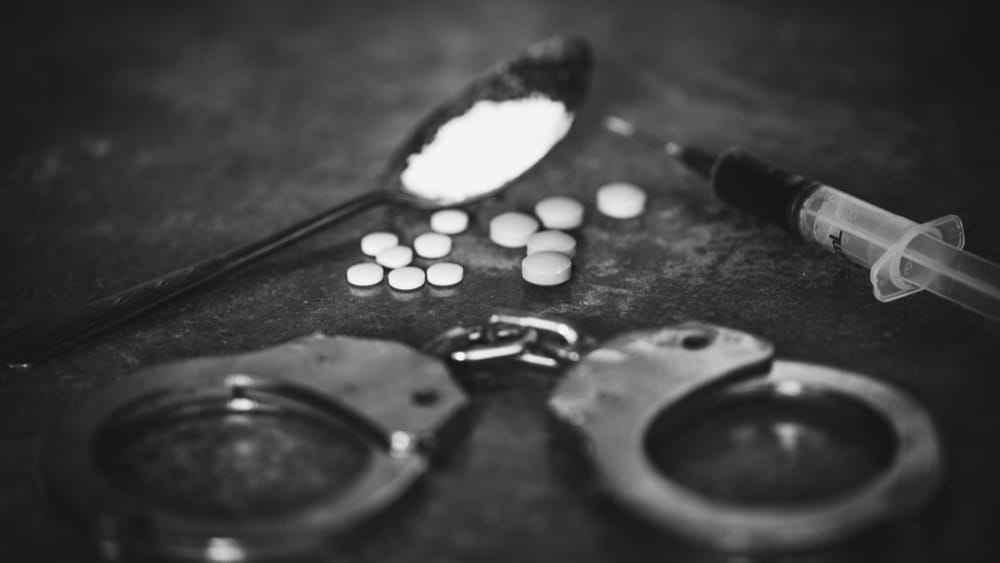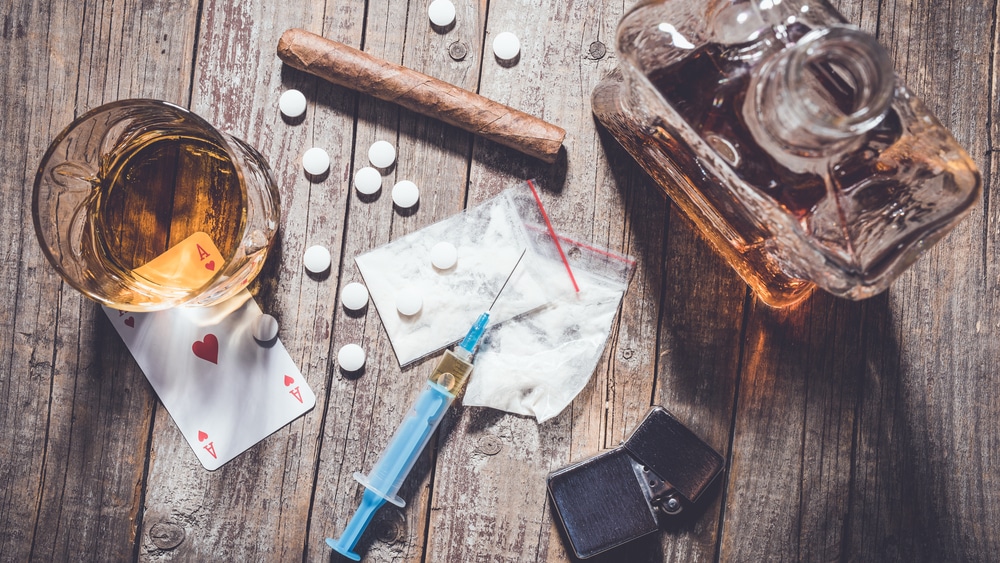
What to Know About Controlled Substances
Is alcohol a controlled substance? Is it covered in the Controlled Substances Act?
How are controlled substances classified, and what does the term mean?
These are all common questions people have.
In simplest terms, controlled substances refer to the addictive potential a substance has.
Not all addictive substances are controlled, however.
An Overview of Controlled Substances
Controlled substances are considered illicit drugs that can negatively affect someone’s health and well-being and are covered under the Controlled Substances Act.
If you have a controlled substance and you’re caught by law enforcement, you may face legal penalties, including fines or prison time.
The federal government classifies substances as controlled substances under the Controlled Substances Act of 1970.
There are five categories in the Controlled Substance Act, which are often related to the potential for substance abuse to occur.
These categories of controlled substance class are:
- Schedule I: These substances are considered to have no acceptable medical use in the U.S. and high abuse potential. Examples of Schedule I controlled substances are ecstasy, marijuana, heroin, and LSD.
- Schedule II: This controlled substance class includes stimulants and narcotics considered to have high abuse potential, but they have medical uses in the U.S. too. Schedule II substances include opioids like methadone, codeine, oxycodone, hydrocodone, and stimulants like amphetamine.
- Schedule III: These substances have less of an abuse potential than substances classified as Schedule I or II, but there is still a risk of psychological and physical dependence. Schedule IV substances include ketamine, anabolic steroids, and medicines with low doses of codeine.
- Schedule IV: A Schedule IV controlled substance is one with a lower abuse potential than I-III substances. Schedule IV substances include benzodiazepines like Xanax and many prescription sleep aids.
- Schedule V: A Schedule V drug has a low potential for abuse. Most Schedule V drugs contain a small amount of narcotics, such as cough syrup with codeine.
It is technically illegal to possess any controlled substance, but if you have a prescription and lawfully purchased one, you are exempt from this law.
The government regulates controlled substances because of their addictive and harmful potential effects in manufacturing, distribution, possession, and use.

Is Alcohol a Controlled Substance?
The brief answer is no; alcohol is not a controlled substance under the Controlled Substances Act. With that being said, alcohol still has a high potential for abuse and addiction. Alcohol is one of the most commonly abused substances around the world.
While alcohol isn’t a controlled substance, it is a regulated one. There are laws regarding the use of alcohol. For example, the legal age to drink alcohol is 21, and you cannot legally drink and drive.
Abuse of Controlled Substances
Since controlled substances are considered to be inherently addictive, they are frequently abused. Opioids are one example of a highly abused controlled substance.
There are both Schedule I and II opioids that are drugs of abuse. Schedule I opioids include heroin, which is entirely illegal. Schedule II opioids include prescription pain relievers. Often, since something is prescribed, there is a misconception that it is somehow safe or not harmful.
Prescription opioids prove otherwise. In addition to being highly addictive, prescription opioids can also lead to fatal overdoses. Some people who abuse prescription opioids they eventually move to other more dangerous types of opioids like heroin or fentanyl.
What starts as legitimate use can spiral into problematic opioid use very quickly.
Mental Illness and Controlled Substances
There are links between mental illnesses and the use of controlled substances. For some people, the use of controlled substances may stem from an attempt to self-medicate and deal with symptoms of anxiety, depression, or other mental health conditions. Controlled substances can also contribute to mental illness.
The links between controlled substances and mental illness are a big reason why addiction treatment relies on therapy. Therapy can be in both a group and individual setting, and it’s a key part of relapse prevention.
Treatment for Abuse of Controlled Substances
If someone is struggling with controlled substance abuse, treatment is available. Treatment can happen in different settings and formats. What is most important is that rehab is personalized to the individual.
The following are some of the types of programs that can treat an addiction to controlled substances.
Medical Detox
When someone regularly uses controlled substances such as opioids, they can become dependent on them. If you’re dependent on a substance and stop using it suddenly, it can cause withdrawal symptoms.
Withdrawal symptoms can range from mild to severe, depending on how long you used the substance, how heavily, and your overall health. Medical detox provides a clinical environment as you go through withdrawal. This can keep you safe and support you.
If necessary, you may receive medications to lessen the symptoms of withdrawal you experience.
Inpatient Rehab
There are varying intensities of inpatient rehab. These programs can last for 28 days, up to several months or more. The commonality between inpatient rehab programs is that you live onsite during your treatment. This helps you leave behind your environment of substance abuse and be in a supportive environment.
You can focus entirely on your recovery in inpatient treatment. Inpatient treatment can also include different types of complementary treatments that help you holistically.
Outpatient Rehab
Outpatient treatment may be a step down from inpatient care, or if you have a mild or short-term addiction to a controlled substance or alcohol, you could do the outpatient treatment.
Outpatient treatment allows you to work on your sobriety and recovery but continue living at home and keeping up with daily responsibilities. Some outpatient treatment programs require a significant time commitment, while others are fairly limited and informal.
Outpatient rehab can also be something you participate in for an extended time as you re-enter your daily life.

Can You Use Insurance for Rehab?
If you’re considering rehab for a controlled substance, alcohol, or perhaps both, there are payment options available. At North Jersey Recovery Center, we can likely work with your insurance company.
We can verify your coverage for free, which will help you financially plan for your treatment.
Our admissions team can also help you explore other payment options if needed. Above all else, getting the help you need and deserve should be a priority.
Is Alcohol a Controlled Substance? Final Thoughts
The answer to “is alcohol a controlled substance” is no, but that does not make alcohol any less dangerous or addictive.
Controlled substances include prescription and illicit drugs. Alcohol is a regulated but not controlled substance in the U.S.
Controlled substances addiction and alcohol addiction can occur separately from one another or together.
If you would like to learn more about addiction treatment, reach out to North Jersey Recovery Center.
We offer tailored, effective treatment programs in a serene, private setting.






